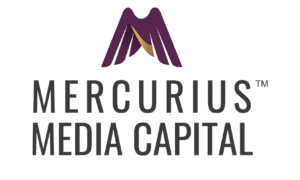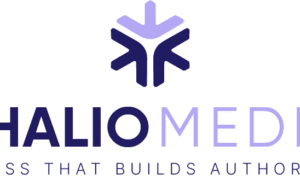In the global shift towards Work From Home practices, temporary as it may have been, workers saw a new way. Many of us discovered that we could do good with change of a more permanent type. Remote work brought new possibilities for utilizing both our time and our skills.
Unfortunately, not all jobs are as suited for a shift towards digital as we had hoped. And so, many office workers are back to spending time in long commutes amid rising fuel costs. To save on both time and money, you may be looking to switch into a new career.
The industry that showed the most success with regard to adaptability is the digital media industry. If you want to know if your current skill set fits into the digital media landscape, or if you are starting on a first full-time job, read on for some industry insights.
What is Digital Media?

Photo by S O C I A L . C U T on Unsplash
Digital media includes all forms of traditional media that have evolved into a digital format. This includes both audio and video formats; recording and publishing news, music, blogs, TV shows, movies, games, and every type of content that you consume with the help of an internet connection forms digital media.
Before you get too overwhelmed, let me point out a few common themes in all these media formats. Digital media may be of different types but the processes of creating, marketing and distributing digital content requires professional expertise that is similar across formats.
If you have subscribed to a service that allows you to stream movies, tv shows and even music, then you are familiar with what a consumer wants from such services. As you read your news stories and get weather and traffic updates on your phone you have an understanding of digital media.
What Are The Career Options In Digital Media
Digital media professionals often got their hands on experience simply by being content consumers themselves. It starts with reading articles on your favorite artist, watching a how-to video, or listening to a podcast related to topics that are a niche interest of yours.
Digital media is heavily dependent on new types of communication technologies. Social media platforms like Instagram and Tiktok, and content distribution channels like YouTube and Twitch, all require certain skills in order to establish an audience.
Therefore, behind every successful content creator is a team of editors, graphic designers, web developers, content writers and social media managers. These are all jobs that can be done remotely from a laptop without the need for a separate commute and office environment.
What Skills Are Required in Digital Media

Photo by Firmbee.com on Unsplash
Depending on your current skill set, your interests and a bit of your natural talent, you can decide what type of digital media professional you wish to become. The main part is that at the beginning of your journey, you may need to spend time mastering new technologies or software.
Online courses in graphics design, video and audio editing, content writing, font-end and back- end development, database management, social media marketing and data analysis are a good place to start. We would recommend not to depend entirely on free resources.
Many companies such as Google, Facebook, Shopify and Amazon provide digital certification on how to use their platforms in a professional capacity. The trick is to pick a category that is a complement to your existing work experience, if possible, and then develop your expertise from there.
Because of the abundance of online content, there is a market for people who can provide guidance on how best to navigate the sea of information. Sites that review the new Pixel phone, tell you how to watch Peacock TV outside the US, or rank insurance providers for you, remain helpful. And this work is done by dedicated professionals with expertise built through research.
How Much Does A Career In Digital Media Pay
With every career choice that an individual can make, there are opportunity costs involved. The return for your efforts depends as much as on the value you can provide as it does on the general trends of the industry. Same is the case with digital media jobs.
The more experience you gain in your corner of digital media creation, marketing, production or distribution, you will find opportunities that fit your needs in terms of employment and remuneration.
Digital media specialist salaries also depend on the type of service you will provide. On average, in the United States, salaries in digital media typically range between 50k to 100k. The thing to remember is that due to its digital nature, location will not be an impediment to your earning above the median income.
Conclusion
Changing your career is always a decision to make especially if you have already spent a few years honing your skills in a different field. Often, people are intimidated by the prospect of failure and the pitfalls of starting from scratch. You may think, Will I be able to learn the skills necessary for this transition?
That is actually a point in favor of digital media careers. Most skill sets that are unrelated to this industry will still help you in adjusting to your new professional path. Time management, the ability to maintain focus on a repetitive task, social skills and problem solving tendencies – these are all skills that will translate well into a digital media career.
Once you decide to take the leap, take a good look at where your strengths lie. Then pick a digital media niche that fits into those strengths. Next, you will have to do the hard work of learning new skills and acquiring certifications. Make sure to display your skills with an adequate output over time. Then you will surely find success!



































